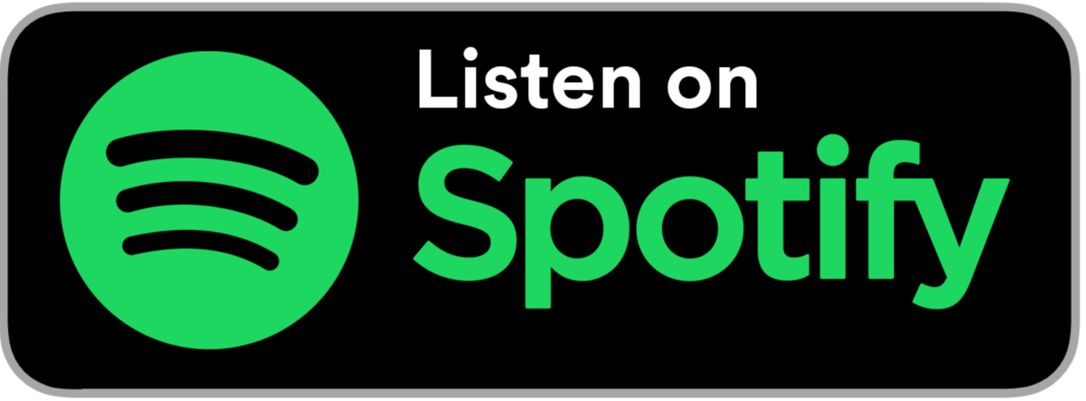Revisiting Gen Z Consumers – How will they Redefine Marketing Podcast and Transcript
Marketing Insights Podcast
December 2, 2022
Transcript:
Mark Johnston:
Hello and welcome to the Marshall-Johnston Marketing Management Four E Podcast. I'm Mark Johnston.
Greg Marshall:
And I'm Greg Marshall.
Mark Johnston:
And we are here today to talk to you about a very interesting topic, Gen Z consumers and how they will redefine marketing. So let's just jump right into it. Greg, what is Gen Z and why are they more important than ever right now?
Greg Marshall:
Great question, Mark. It goes back to the idea of generational marketing in general. Generational marketing is a very important approach to how marketing managers do segmentation, target marketing and positioning. Gen Z traditionally is viewed as those individuals born after 1994, although you'll see some folks refer to it being after 1996, but generally mid '90s is the received view. And some current thought is that if recent generational patterns hold true, we're likely well into next gen from Gen Z already, whatever that generation will be called.
One popularly growing label for the post Gen Z crowd is Generation Alpha, which is presumed to be delineated beginning around 2009 or 2010, roughly when the great recession began to abate. However, generally, Gen Alpha are too young to be self-supporting consumers right now, and that's really why the big focus in the immediate years ahead by marketers is on Gen Z. So Mark, recent news stories have indicated that Gen Z has been more heavily impacted by the pandemic experience than any other of the generational groups. Why is that?
Mark Johnston:
Well, Greg, that is so right. Studies have begun to reveal that higher proportions of Americans aged 13 to 24, which is Gen Z, say the pandemic has made their education, their career goals, and even their social lives more difficult. This is compared with the responses from millennials or Gen X. The Gen Z age group has been engaged in the most transformational period from childhood to adult and did not have the traditional American experience during those years of the pandemic disruption.
I wish I could tell you what this means to marketing and to marketers, but it's too early to know for sure. Will they be bigger spenders or lesser spenders because of this? Will they be more cause marketing oriented like millennials or will they revert back to more hedonistic approaches to consumption as a reaction to the severity of their experience? This is an issue that all of us in marketing must keep an eye on through marketing research over the years ahead.
Greg, pre pandemic, there was already some emerging trends about likely consumer behavior paths of the Gen Z members. Can you highlight a few of those based on the research we have now?
Greg Marshall:
Well, that is the $64,000 question, and I thank you for asking it. Yes, certainly. Certainly, we can talk about this. But with the caveat that these data were emerging pre pandemic, and I know we've mentioned the pandemic several times already, but the pandemic of course was not just a medical event globally, it was also a sociological event. And sociology is the study of people in groups. And guess what? Marketing studies individuals and peoples in groups when it comes to how they consume. So the thought process is that the pandemic experience may buffer Gen Z as consumers going forward. But with that caveat, here are some things that I believe we do know.
First, Gen Z shows a lot of evidence as being what we would "informed consumers". And they will often research and very carefully consider options before making a purchase. So think about it, that younger generation, they're not just digital natives, they are beyond that. They are digital experts. They're the ones who are teaching the older generations how to best use the technology. And so it's very likely that any of us that are not Gen Z could learn quite a bit from them about consumption decisions because they know how to very efficiently do that research.
Second, yep, Gen Z tends to be less brand driven. That's a big uh-oh for marketing because one of the big concepts that we all know in marketing that's very important is branding. However, the initial evidence on Gen Z indicates that instead of being so brand focus, they may tend to shop around more for the best overall value proposition. That is the best price deal for the best product. That's different.
Third, Gen Z places even higher importance on brand ethics and corporate responsibility than do the relatively pious stereotyped millennials. Gen Z really wants to be doing business with people that they can believe in, and that's a very important value system for them as consumers.
Fourth, by far, Gen Z are the kings and queens of turning to social media as their primary conduit for shopping decisions. Millennial was there, Gen Z is far beyond, and this has caused all of us in marketing to have to step back and understand that the path forward is through social media and other digital solutions augmenting any of our other marketing strategies.
Fifth, at the same time, Gen Z, they do like in-store shopping experiences and especially things like getting customer assistance from sales personnel during those experiences. It's not that easy or certainly often not that ethical to do studies on children directly. And marketing really tries to learn about actual children through their parents. Well, given the age group Gen Z now, we've been doing a lot of shopping studies, and this last point was a real revelation in this space because one would've assumed with their proclivity towards digital social that the touchpoint experience would not be important. Do not believe that for a minute. Gen Z enjoys interaction with individuals on the other side of the transaction, virtually or in person.
Sixth, Gen Z has very high standards and expectations of quality. Gen Z is not looking for just low price, they're looking for product and service of high quality at an appropriate price.
And then seventh and last on these major emerging trends of Gen Z. Gen Z absolutely love experiential shopping opportunities, especially when tailored to their own preferences. And so whatever the space a marketer is in, if you want to attract Gen Z, make it an experience, not just a transaction.
Mark, with all of that profile of Gen Z, what else would you like to share with us today about this generation?
Mark Johnston:
Well, it's just a couple of other things I'd want to share, Greg. The first is that it's important to remember, and I think you highlighted this in what you were just saying, that Gen Z are not millennials phase two, they are their own group and have a number of unique characteristics, which makes them separate and apart from millennials and other groups. Their level of uncertainty towards marketing is exacerbated right now because we really don't know the impact of the pandemic on their consumption behavior. But it is important to realize that they are a unique group and will drive their own consumer consumption behavior based on their needs and what is important to them.
The interesting thing about Gen Z is that they have a great deal of influence over consumer markets right now, even more so than their actual spending power would suggest. They're just now coming into high levels of income, and yet their impact on consumer marketing is profound and significant. And of course, as they move into their income producing years, as they move into their work, their income will go up and their impact on marketing will continue to increase.
With that said, we hope that you have enjoyed this podcast on Gen Z. And for now, this is Mark Johnston.
Greg Marshall:
And Greg Marshall.
Mark Johnston:
Saying goodbye and we'll talk to you again soon. Bye, bye.





